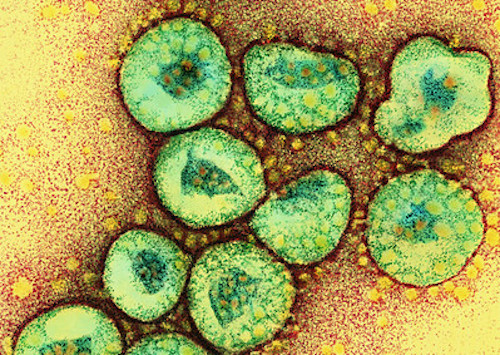Mining executives are washing their hands, alright — they’re washing their hands of responsibility for their workers’ and communities’ well-being.
In not acting quickly to curtail or halt operations in light of COVID-19, mining companies are putting workers and communities at greater risk.
Here are ten points to consider:
- Mines Are Isolated with Limited Health Resources: Mining projects and operations are often very isolated and far away from adequate health facilities and supplies. Indigenous and rural communities already burdened by inadequate access to basic social services could be left without help.
- Mine Sites Are Confined and Congested: Mining often requires large numbers of workers working together in confined spaces, and mining camps have shared eating, sleeping and bathing facilities. Social distancing is difficult if not nearly impossible to practice in those conditions, contributing to increased risks of transmission.
- Mining Workforces Are Transient: Most mines today depend on mobile workforces, and the chance of COVID-19 being introduced to remote and vulnerable communities by frequent exposure to a transient workforce is great. Fly-In Fly-Out (FIFO) Operations require personnel to be in close proximity in airports on planes, etc. and international operations depend on engineers and managers flying in and out from other countries.
- Exploration Camps Are Makeshift: Exploration companies often assemble and move small camps that need to be portable and are very basic. They are often far away from major roads and towns, and workers have limited access to even basic sanitation. They are also more likely to encounter vulnerable populations who are otherwise protected by their isolation.
- Pre-Existing Conditions Exacerbated: Some mineworkers and affected communities already face health consequences like respiratory and pulmonary illnesses, or heavy-metal toxicity. Contact with the virus could be especially harmful for these people.
- Reduced Access to Clean Water: Many mines consume and contaminate large amounts of water, often at the expense of local sources for clean water. Frequent handwashing, for mineworkers and communities alike, may not be possible in many rural and remote places.
- Increased Tension and Violence: Mining companies cannot be allowed to use COVID-19 to push forward mines that do not have the consent of local communities, or to repress communities opposed to their activities.
- Contract Workers at Greater Risk: Most mines today depend on a portion or the entirety of their labourforce being contracted out. These workers likely do not benefit from paid sick-leave, may fail to self-isolate for lack of job security, or may not have health benefits to cover their infection in the event they contract the virus.
- Overwork Can Amplify Risk: Mining camps where companies have opted for lockdown shifts in response to COVID-19 to keep mine running means those same workers are expected to work longer hours, and be away from their families for an undefined period of time. Exhaustion leads to accidents and/or amplified risk of infection.
- Mining Is Not an Essential Service: Mining is only an essential service where existing stockpiles are inadequate and its products are needed to fill emergency needs – for example, manufacturing ventilators, not cars; building hospitals, not office towers. But even in the most essential of circumstances, it shouldn’t happen without consent.
